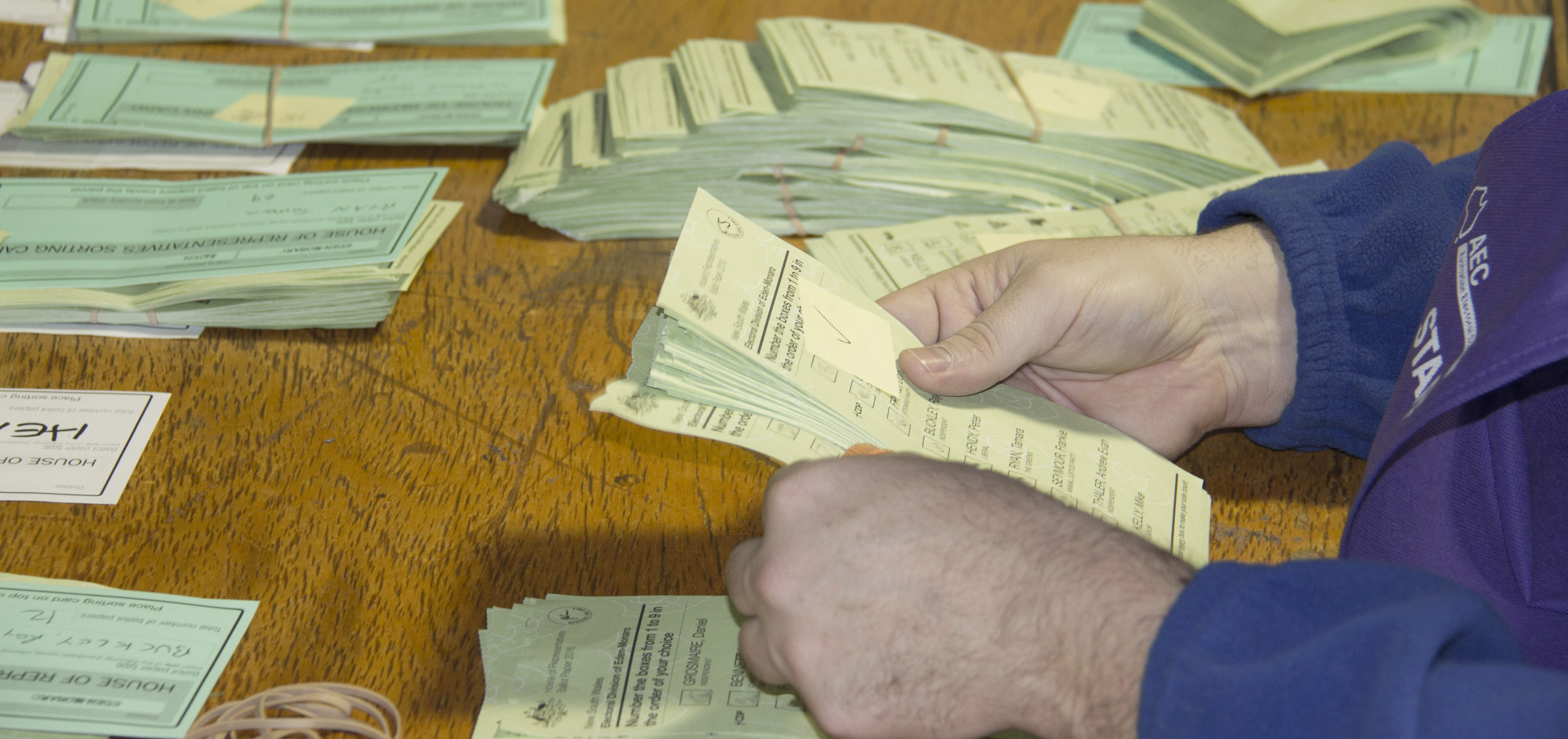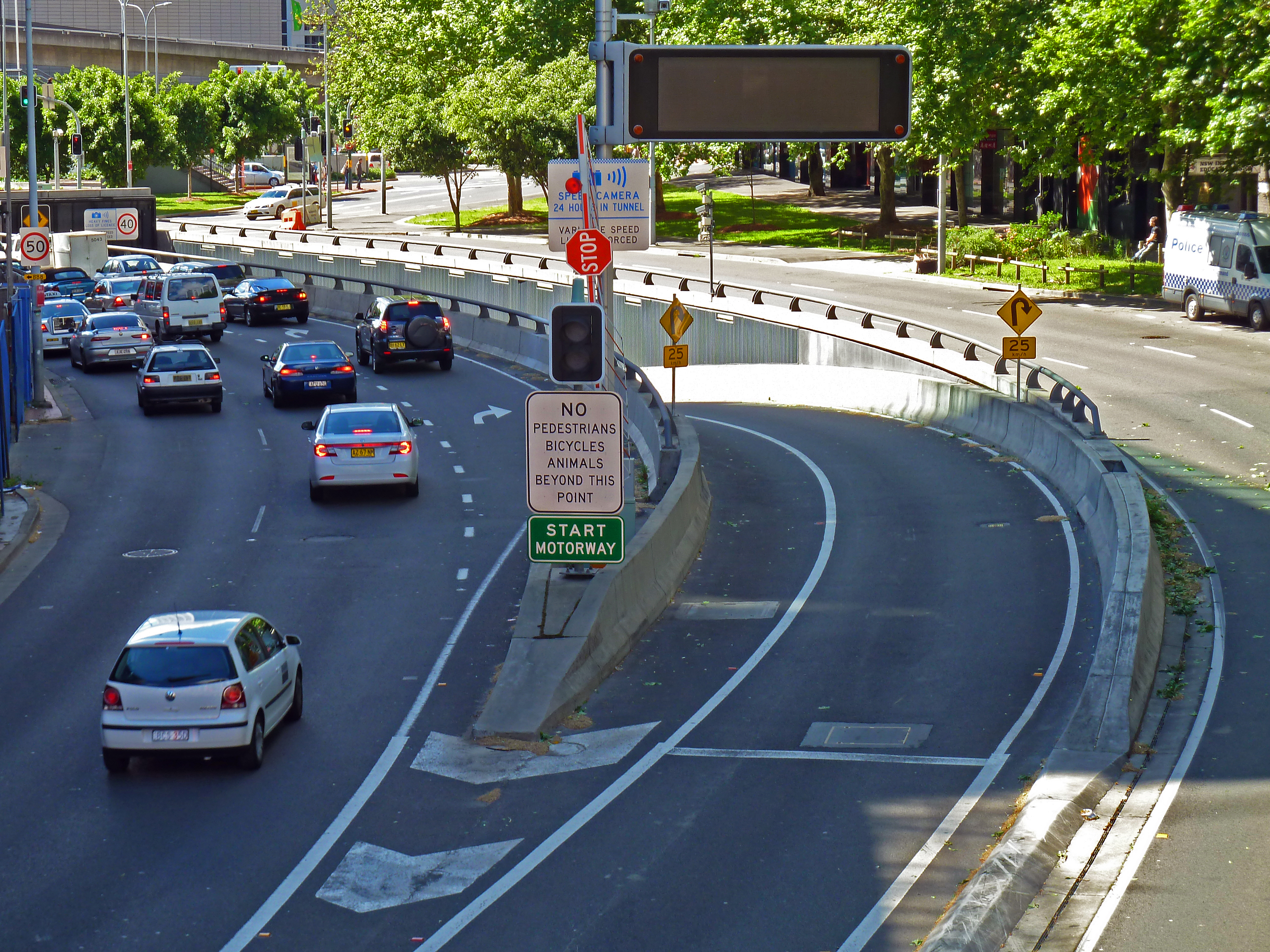The Coalition, led by Tony Abbott, will form a Government following a strong win at the federal election on Saturday.
As counting continues today, the Coalition is ahead in 89 House of Representatives seats, having achieved a nationwide two party preferred swing of about 3.35 per cent.
Recording its lowest primary vote since 1903, Labor leads in 56 seats, with minor parties and independents ahead in the remainder.
| Party | NSW | VIC | QLD | WA | SA | TAS | ACT | NT | National |
| Australian Labor Party | 19 | 18 | 7 | 3 | 5 | 1 | 2 | 1 | 56 |
| Liberal/National Coalition | 29 | 17 | 21 | 12 | 6 | 3 | 0 | 1 | 89 |
| Liberal | 22 | 15 | 0 | 12 | 6 | 3 | 0 | 0 | 58 |
| Liberal National Party | 0 | 0 | 21 | 0 | 0 | 0 | 0 | 0 | 21 |
| The Nationals | 7 | 2 | 0 | 0 | 0 | 0 | 0 | 0 | 9 |
| Country Liberals (NT) | 0 | 0 | 0 | 0 | 0 | 0 | 0 | 1 | 1 |
| The Greens | 0 | 1 | 0 | 0 | 0 | 0 | 0 | 0 | 1 |
| Katter’s Australian Party | 0 | 0 | 1 | 0 | 0 | 0 | 0 | 0 | 1 |
| Palmer United Party | 0 | 0 | 1 | 0 | 0 | 0 | 0 | 0 | 1 |
| Independent | 0 | 1 | 0 | 0 | 0 | 1 | 0 | 0 | 2 |
| TOTAL | 48 | 37 | 30 | 15 | 11 | 5 | 2 | 2 | 150 |
Source: www.aec.gov.au 10/9/13, 2.00pm
The Greens’ Adam Bandt will be returned in the seat of Melbourne despite a small swing to Labor. The Katter’s Australian Party leader Bob Katter will retain his FNQ seat of Kennedy with a reduced margin and Palmer United Party leader Clive Palmer will win the Sunshine Coast seat of Fairfax off the Liberal National Party, following the retirement of Alex Somlyay.
The high profile independent MP Andrew Wilkie has been returned in the southern Tasmanian seat of Denison with a 14 per cent swing.
However in the Victorian regional seat of Indi, the Coalition’s industry spokesperson Sophie Mirabella is in the fight of her political life to hold her seat, and currently trails the independent candidate, Cathy McGowan. Five other seats remain too close to call; Barton, Eden-Monaro and Reid in NSW, McEwen in Victoria and Capricornia in Queensland.
House of Representative seats likely to change hands
| Electorate | Held by | Gained by | Swing |
| Banks NSW | ALP 1.4% | Liberals | 3.3% to LIB |
| Bass TAS | ALP 6.7% | Liberals | 10.8% to LIB |
| Braddon TAS | ALP 7.5% | Liberals | 9.8% to LIB |
| Corangamite VIC | ALP 0.3% | Liberals | 4.1% to LIB |
| Deakin VIC | ALP 0.6% | Liberals | 3.3% to LIB |
| Hindmarsh SA | ALP 6.1% | Liberals | 8.0% to LIB |
| La Trobe VIC | ALP 1.7% | Liberals | 5.7% to LIB |
| Lindsay NSW | ALP 1.1% | Liberals | 3.8% to LIB |
| Lyne NSW | IND 12.7% | Nationals | 2.7% to NAT |
| Lyons TAS | ALP 12.3% | Liberals | 13.7% to LIB |
| New England NSW | IND 21.5% | Nationals | 4.4% to NAT |
| Page NSW | ALP 4.2% | Nationals | 6.8% to NAT |
| Robertson NSW | ALP 1.0% | Liberals | 3.4% to LIB |
Source: www.aec.gov.au 10/9/13, 2.00pm
House of Representatives seats still in doubt
| Electorate | Held By | Leading Party | Swing |
| Barton NSW | ALP 6.9% | ALP ahead | 6.8% to LIB |
| Capricornia QLD | ALP 3.7% | ALP ahead | 3.5% to LNP |
| Dobell NSW | ALP 5.1% | LIB ahead | 5.5% to LIB |
| Eden-Monaro NSW | ALP 4.2% | LIB ahead | 4.6% to LIB |
| Fairfax QLD | LNP 7.0% | PUP ahead | 8.4% from LNP |
| Indi VIC | LIB 9.0% | IND ahead | 7.1% from LIB |
| McEwen VIC | ALP 9.2% | LIB ahead | 9.3% to LIB |
| Parramatta NSW | ALP 4.4% | ALP ahead | 3.5% to LIB |
| Petrie QLD | ALP 2.5% | LNP ahead | 3.1% to LNP |
| Reid NSW | ALP 2.7% | LIB ahead | 3.1% to LIB |
Source: www.aec.gov.au 10/9/13, 2.00pm
The Senate
The composition of the new Senate is less clear though, with complex preference allocations likely to see the election of a number of new Senators representing so-called ‘micro-parties’.
In NSW, the Liberal Democratic Party’s David Leyonhjelm will likely win a Senate seat, after his party secured nearly 9 per cent of the vote before preferences. The LDP is a socially and economically libertarian party and its platform stands against any increases to the size and role of government and includes advocacy for firearm ownership, marriage equality, lower taxes, relaxed marijuana laws and voluntary euthanasia. After being drawn first on the Senate ballot paper, it may have benefitted from the donkey vote and confusion by some Liberal voters.
Clive Palmer’s Palmer United Party will likely secure Senate seats in both Queensland and Tasmania with former Australian rugby league international Glenn Lazarus and former soldier Jacqui Lambie likely to be elected.
In Victoria, the Australian Motoring Enthusiast Party’s Ricky Muir could possibly unseat Liberal Senator Helen Kroger in Victoria, despite his party receiving just 0.51 per cent of the vote before the distribution of preferences.
Independent Senator Nick Xenophon polled strongly in the South Australian Senate race. However, preference deals – including the Greens’ preferencing the No Carbon Tax Climate Sceptics – will prevent his running mate, Stirling Griff, from getting across the line. As a result, high profile Greens Senator Sarah Hanson-Young will likely be returned, along with her Greens colleagues Peter Whish-Wilson in Tasmania, Janet Rice in Victoria and Scott Ludlam in Western Australia.
In Western Australia, former gridiron player Wayne Dropulich may secure election to the Senate representing the Australian Sports Party, while in South Australia, former National President of the Housing Industry Association and former Liberal Party candidate, Bob Day, is set to be elected representing the Family First Party. That party last held the balance of power in the 42nd parliament, with Steve Fielding losing his Victorian Senate seat at the 2010 election.
The distribution of preferences may take some weeks to finalise.
However, the new Senate will likely cause headaches for the Coalition – despite its strong mandate – as it seeks to implement its agenda.
Prime Minister-elect gets to work
The Senate is but one of the challenges for Mr Abbott, who has spent his first days as Prime Minister-elect receiving briefings from senior Government officials and meeting with his Coalition leadership team to begin the process of setting up his Government. Once the Coalition agreement between the Liberal and National Parties is finalised and the Party Room has met, Mr Abbott will finalise the composition of his Ministry before being sworn to office early next week.
The outgoing Prime Minister Kevin Rudd retained the Brisbane seat of Griffith despite a swing of just over five per cent. In his concession speech on Saturday night, Mr Rudd announced that he will immediately step down as leader of the Labor Party and had earlier indicated that it was his intention to continue to serve as a member of parliament.
As a result, leadership aspirants have already begun jockeying for position within the new Labor opposition. While former Treasurer Chris Bowen has indicated that he will not be a candidate, the former Deputy Prime Minister Anthony Albanese and former Education Minister Bill Shorten are yet to declare their hands. There appears, however, to be a mood to find a consensus candidate to unite and begin rebuilding the party, avoiding a rank-and-file ballot. The Labor caucus is due to meet this Friday.



